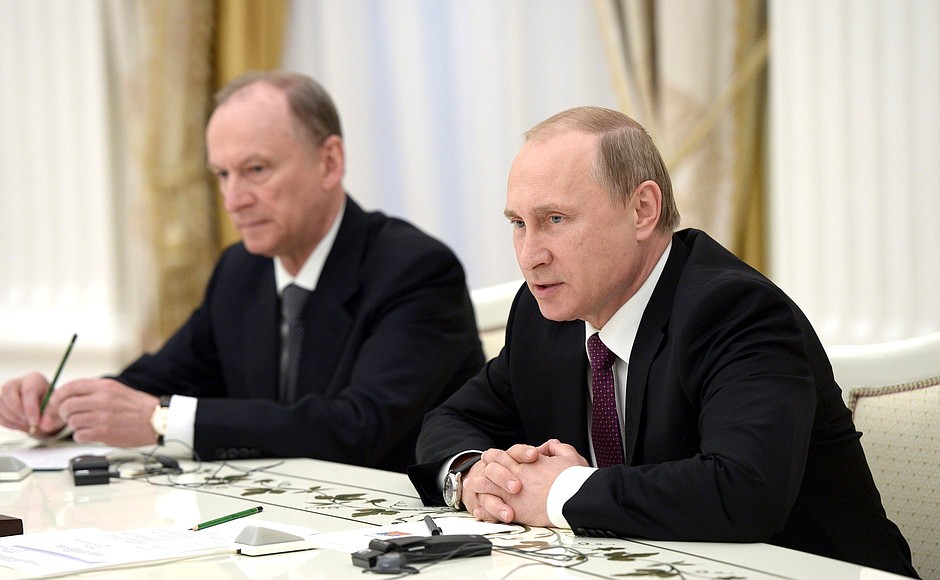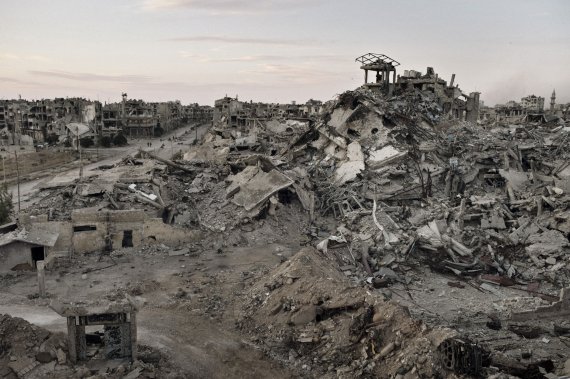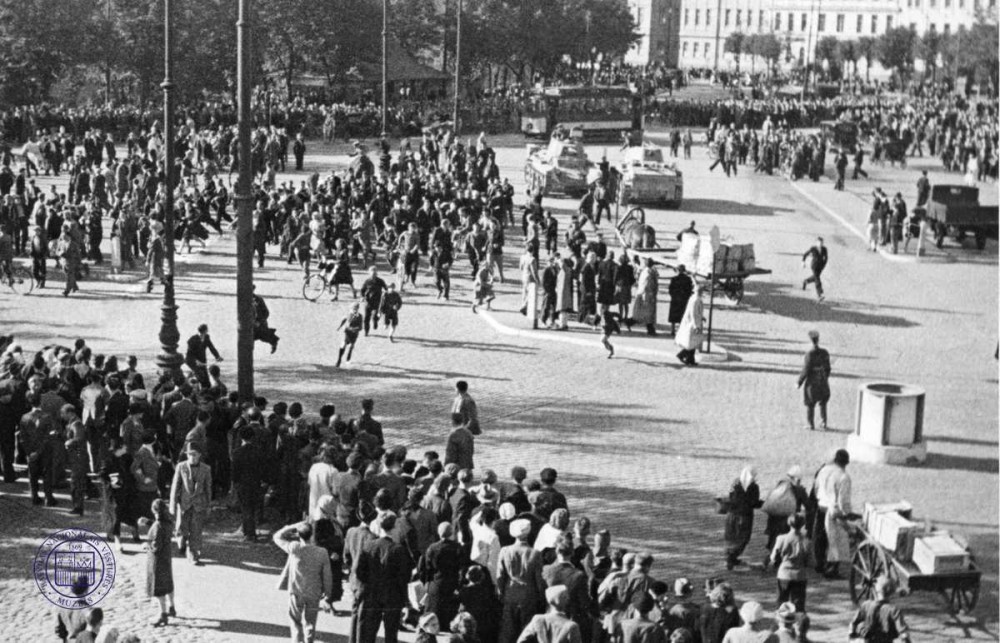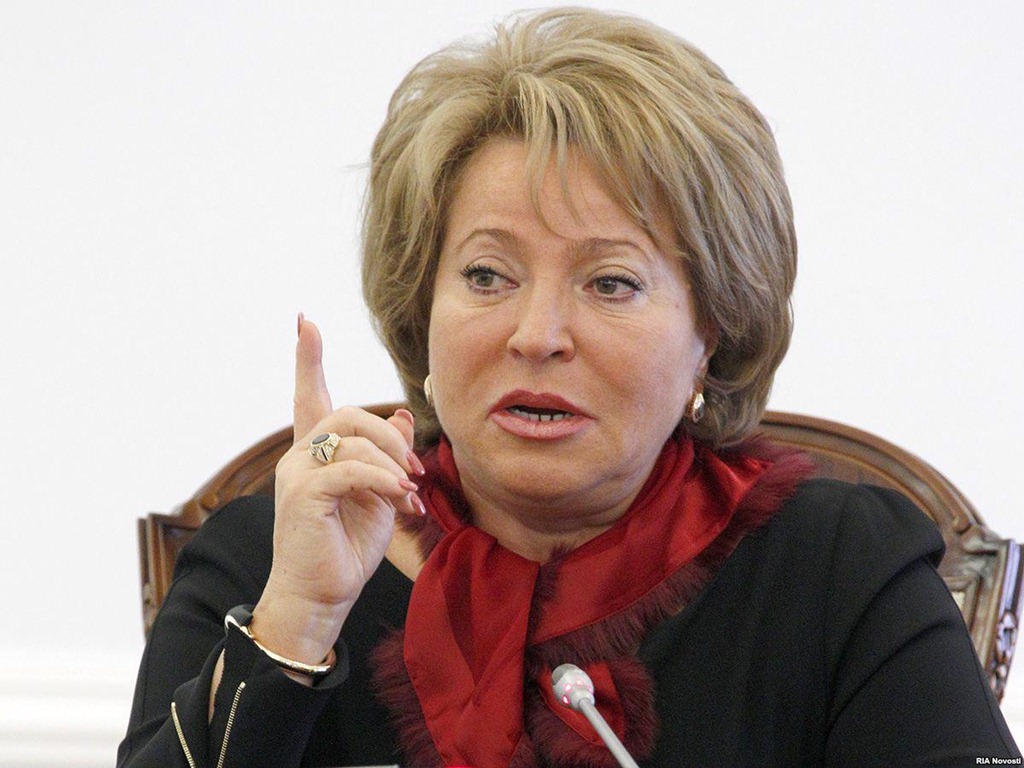Not only are ever more ethnic Russians choosing to become Estonian citizens, but they are joining the ranks of the Kaitseliit, the Estonian Defense League that until recently many Russian speakers viewed as an Estonian nationalist organization that was profoundly anti-Russian.
This development, chronicled by Russian journalist Yevgeniya Volokhonskaya
for the Moscow outlet Spektr, is important. On the one hand, it shows ethnic Russians who have chosen to become Estonian citizens are not acting for pragmatic reasons alone such as having access to the EU, as some Moscow writers suggest, but are identifying with Estonia and its values.
And on the other, it indicates that Estonian institutions, even those most closely identified with Estonian nationalism, are quite prepared to accept Russian-speaking Estonian citizens as equals, thus undercutting Moscow’s constant refrain that Estonia’s citizenship law and much else are driven by narrow ethno-nationalism.
These two factors in turn mean that Estonia is a far more integrated society than Moscow insists and many in the West accept and that the Russian government cannot count on Russian speakers in that Baltic republic to listen to the siren song of Kremlin propaganda even if they continue to watch Russian television. Volokhonskaya says that
Its commanders say, the Moscow journalist continues, that there are no “official statistics” about how many ethnic Russians and how many ethnic Estonians there are: “All of them are citizens of Estonia and it is inappropriate to divide them on an ethnic basis.”
More than almost any other institution, the Kaitseliit is closely connected with the history of Estonia. It was formed in 1918 and existed until the Soviet occupation began in 1940. Then it was restored in 1990 and has existed since that time. It currently has more than 25,000 in its ranks.
They “actively cooperate with local governments, the police, border guards, rescue organizations and fire departments,” she says.
Trending Now
Those ethnic Russians who take part in its work say they are doing so to serve their country, although some in the broader Russian-speaking community of Estonia still believe that the Kaitseliit includes many Estonians with ethno-nationalist views. However, as experience with that organization increases, such views are being dispelled.
One ethnic Russian Estonian citizen with whom Volokhonskaya spoke put it best: people vary in many qualities but the variances among people of the same ethnic group are greater than the variances between such groups.
Read More:
- Estonian e-government system to eliminate administrative hell in Ukraine’s civil service
- What Ukraine can learn from Estonia’s healthcare and education reforms
- How big is Russia’s influence in Estonia?
- How the Ukrainian diaspora in Estonia helps fend off Russia’s hybrid war
- How Estonian Public Broadcasting creates an alternative to Russian propaganda
- Three years of Estonian support for Ukraine. The story of Vaba Ukraina
- “Donbas scenario” will not succeed in the Baltic States – former President of Estonia





